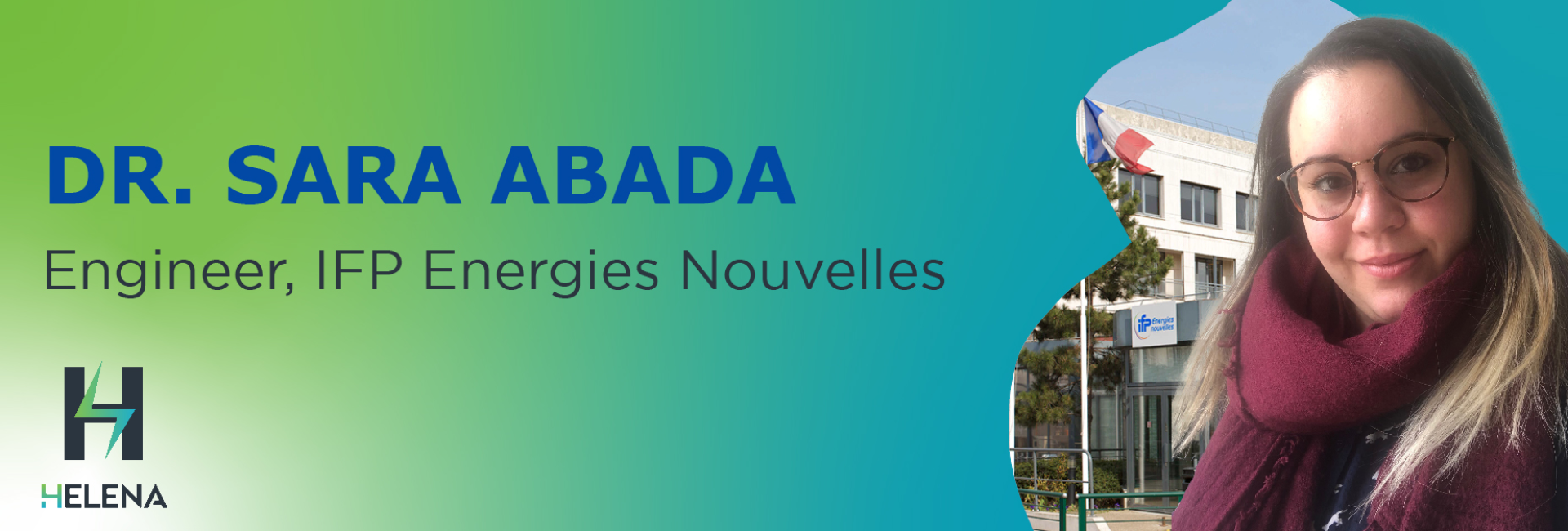Behind the HELENA Project #3 | Alaa Almousli (CUSTOMCELLS)
We interviewed Alaa Almousli, project manager at CUSTOMCELLS, to learn first-hand the key attributes to understand the strengths of the HELENA Project.

Europe´s commitment to achieving leadership and guiding the global Energy Transition is total. A clear example of this is its support for the many initiatives across the continent that seek to electrify some of the most polluting industries, such as transportation. Through this series of contents, we intend to know the perspective of the researchers involved in the HELENA Project regarding the virtues of the halide solid-state batteries developed.

IFP Energies nouvelles (IFPEN) is a major research and training player in the fields of energy, transport and the environment. From research to industry, technological innovation is central to all its activities, structured around four strategic priorities: climate, environment and circular economy, renewable energies, sustainable mobility and responsible oil and gas.
The modelling strategy developed within HELENA project is based on a Multiscale and Multiphysics approach. This approach describes the different physics taking place from atomistic to full cell level, it is also able to consider different cell’s materials properties to evaluate the interface stability and describe the full cell behavior under different operating conditions. Moreover, the developed model could be applied to predict full cell performance, safety and lifetime.
Thereby, computational simulation gives mateModrial developers and cell manufactures a model-based guidance to optimize materials properties and electrode/cell design.
The Multiscale Multiphysics modelling approach developed within Helena project should be able to account for optimization from material to cell design and exhibit the consequences up until the final application system.
In order to achieve this purpose the modeling approach describes physics phenomena at three main scales (atomistic, microstructural, full cell). As higher scale modelling will rely on lower scale results, interfaces framework between scales is defined.
Based on the synergy between the different HELENA WPs, interaction is required to give needed input for each modelling level on the one hand and assess the system design optimization with simulation on the other.
Within the HELENA project IFPEN develops modeling and simulation approaches as well as the aging modelling in Gen4b batteries.
If you want to know the latest trends in energy storage and new developments in research, subscribe.